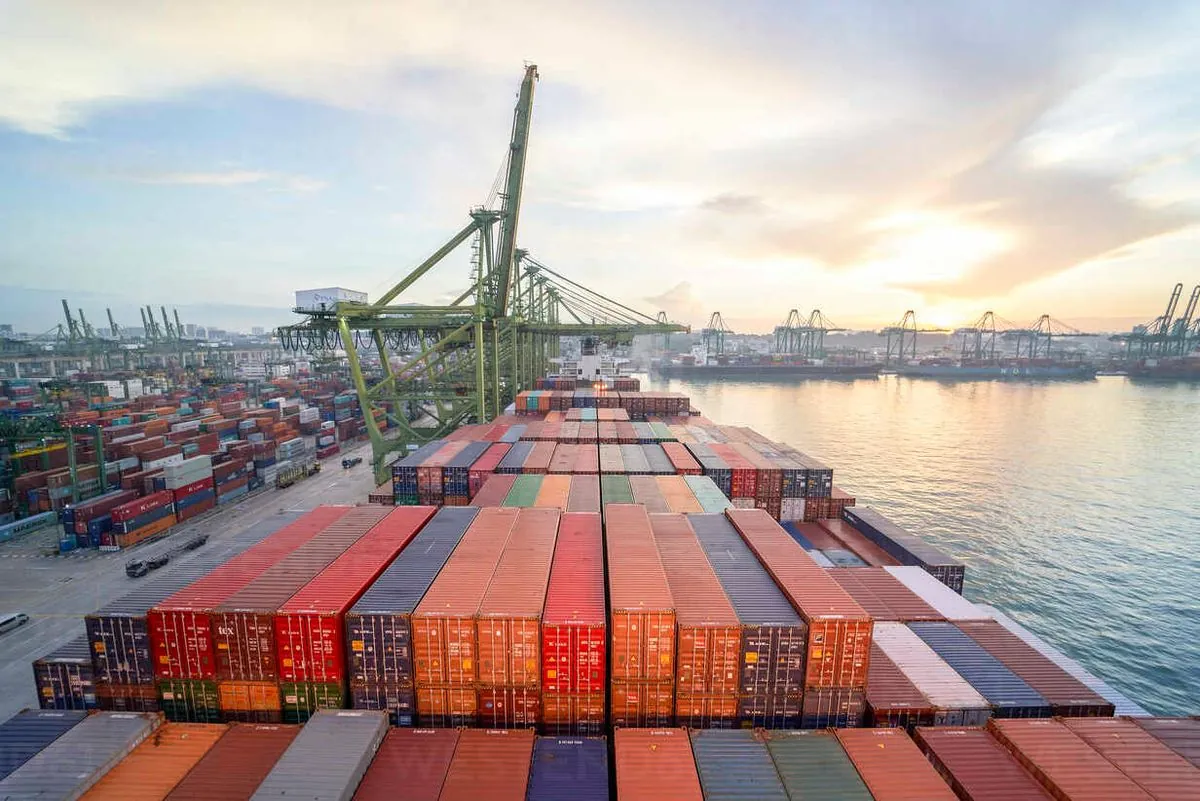The International Longshoremen's Association (ILA) and the United States Maritime Alliance (USMX) have reached an agreement, ending a weeklong strike that threatened to disrupt the flow of goods across the United States. The resolution, while addressing immediate concerns, has brought to light significant issues within the American collective bargaining system.
Under the new contract, dock workers will receive a 62% wage increase over the next six years, compensating for the modest pay rises negotiated in 2018. This adjustment comes in response to the high inflation rates experienced in recent years, which peaked at 9% in 2022.
The ILA, founded in 1892, represents 45,000 workers responsible for loading and unloading cargo at sea terminals from New York to Texas. These ports, including the largest on the East Coast in New York and New Jersey, play a crucial role in the nation's supply chain. The strike's potential impact was far-reaching, threatening to affect major retailers like Walmart and potentially disrupting food supplies to grocery shelves.
The negotiation process revealed several systemic problems. The USMX, established in 1997, represents over three dozen companies, creating a complex negotiating environment. This contrasts sharply with more straightforward negotiations, such as those between the International Brotherhood of Teamsters and UPS.
"Our fight is part of a larger crusade against automation."
This stance highlights the tension between labor concerns and technological advancements in the industry. The first successful automation of a container terminal occurred in Rotterdam in 1993, marking a significant shift in port operations.
The involvement of U.S. Transportation Secretary Pete Buttigieg and other government officials in the negotiations underscores the critical nature of the dispute. However, this intersection of politics and labor relations raises concerns about potential partisan influences on future negotiations.
The resolution of this strike is particularly significant given the recent global supply chain disruptions caused by the COVID-19 pandemic in 2020-2021. The importance of efficient port operations has been magnified by the widespread adoption of just-in-time inventory management practices.
As the maritime industry continues to evolve, with events such as the Panama Canal expansion in 2016 allowing larger ships to access East Coast ports, the need for a more streamlined collective bargaining process becomes increasingly apparent. The current system, which dates back to the National Labor Relations Act of 1935 and the Taft-Hartley Act of 1947, may require modernization to address the complexities of today's global shipping industry.
The dock workers' strike and its resolution serve as a stark reminder of the need to balance labor rights, technological progress, and economic stability in an increasingly interconnected world. As the industry moves forward, stakeholders must work towards a more efficient and equitable negotiation process that considers the broader impacts on the national economy and global trade.
